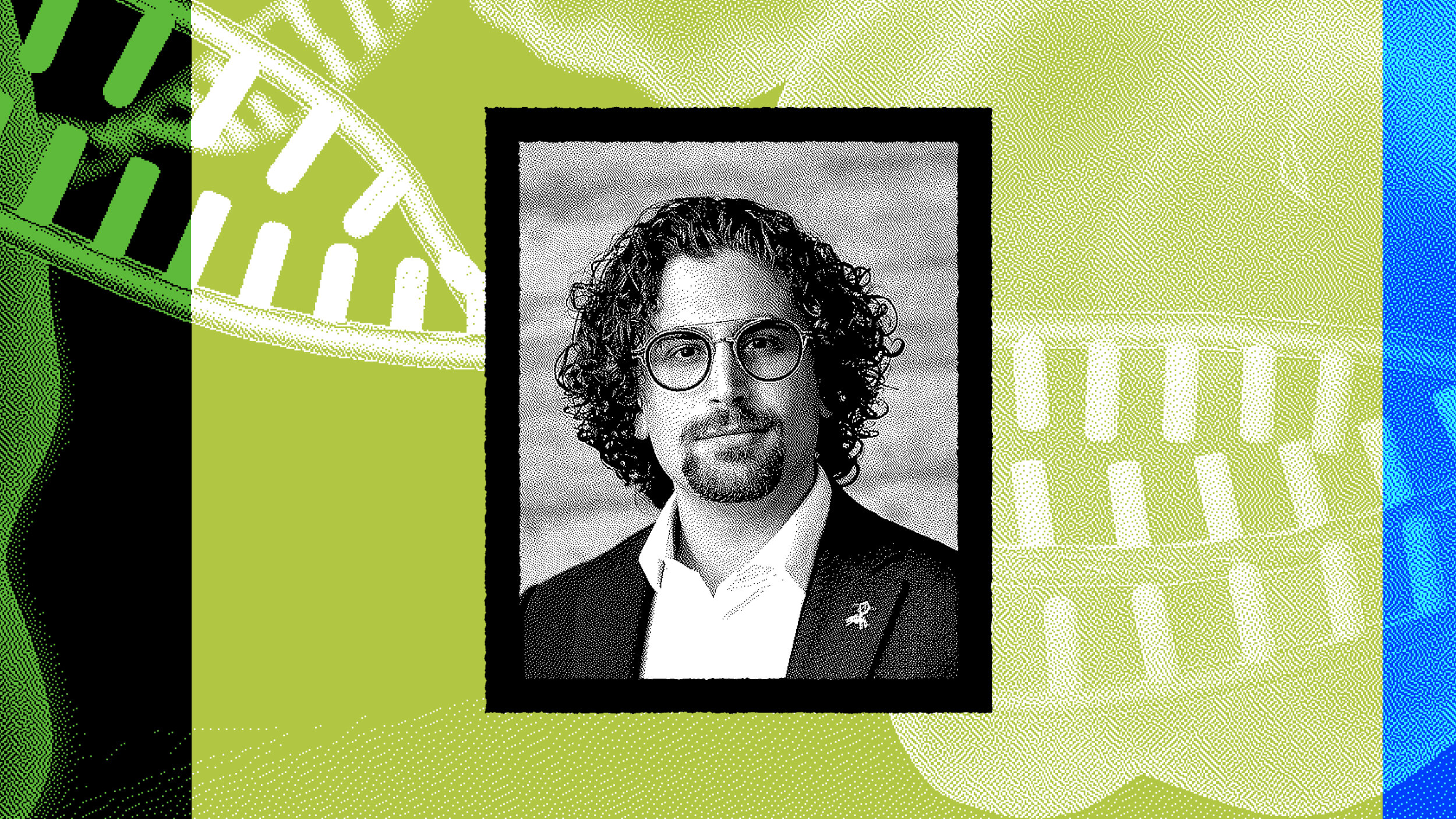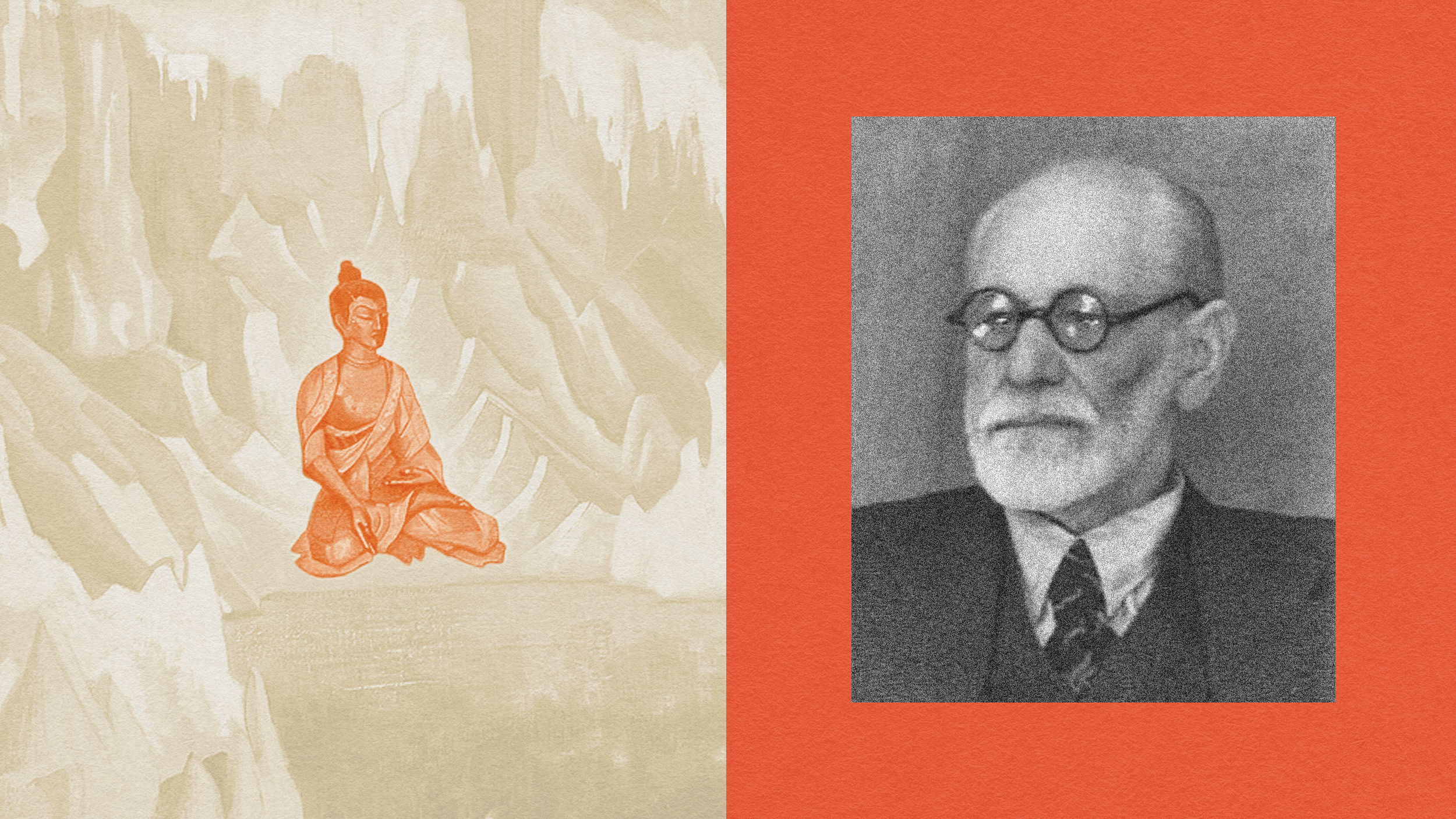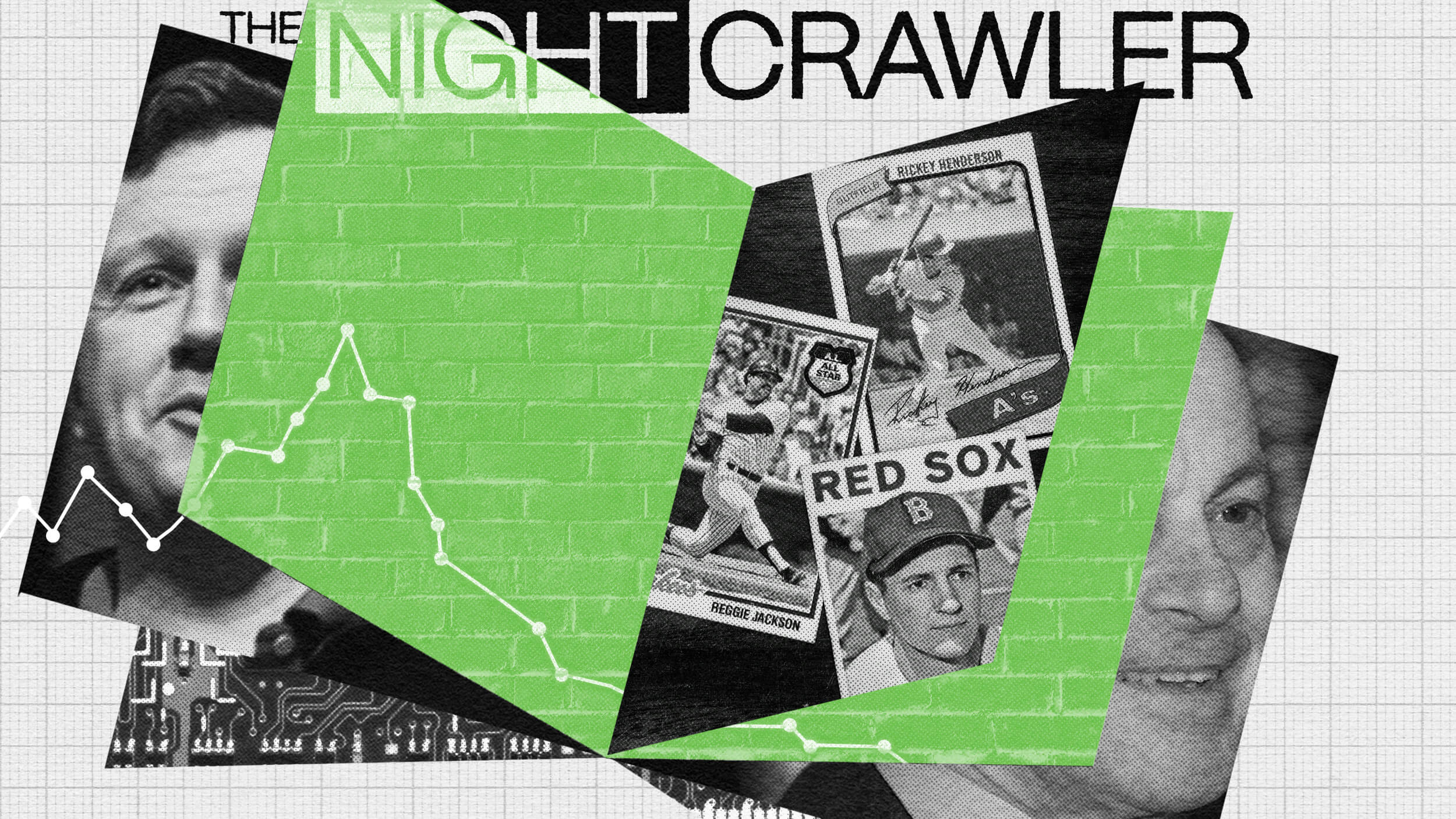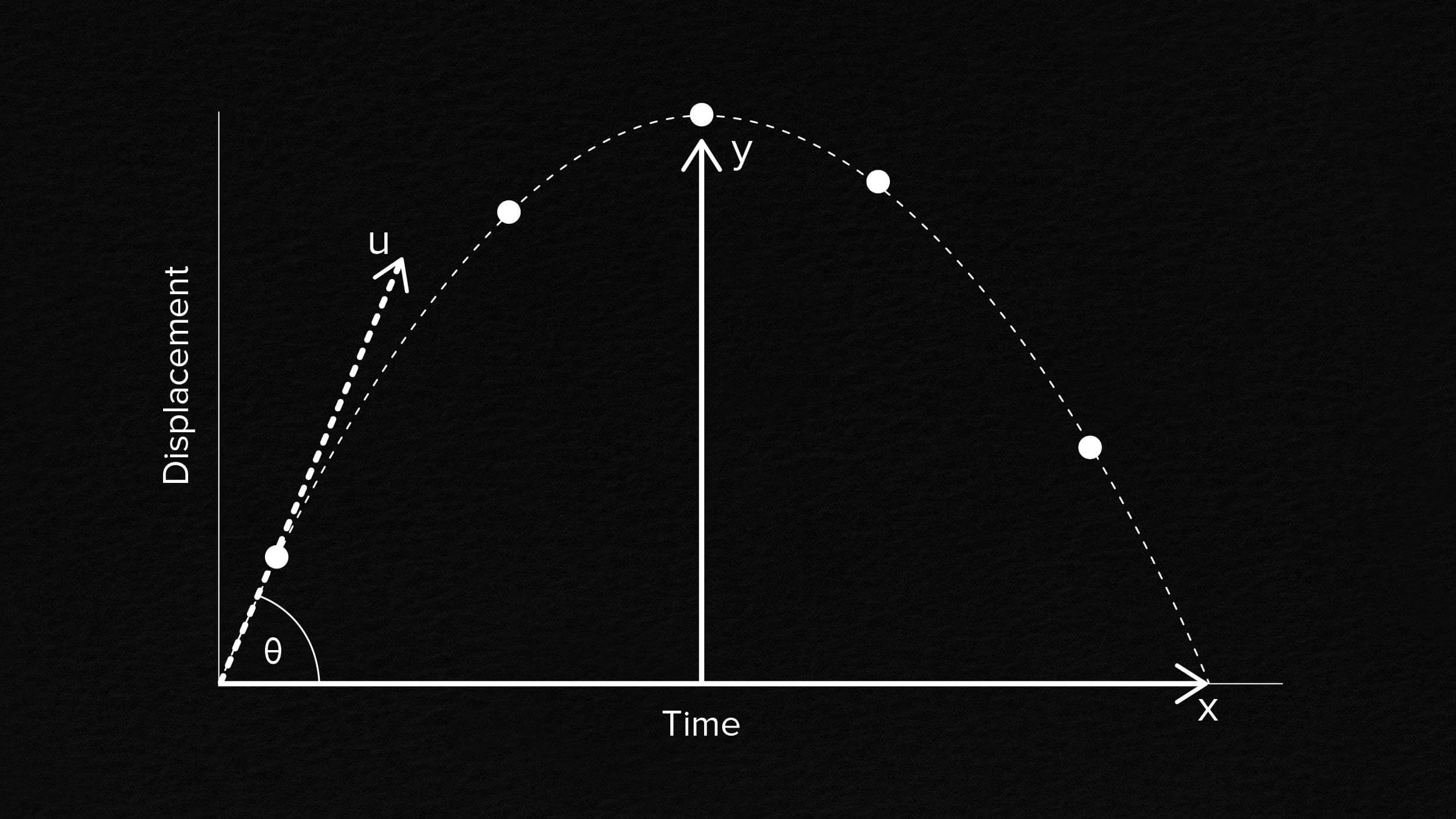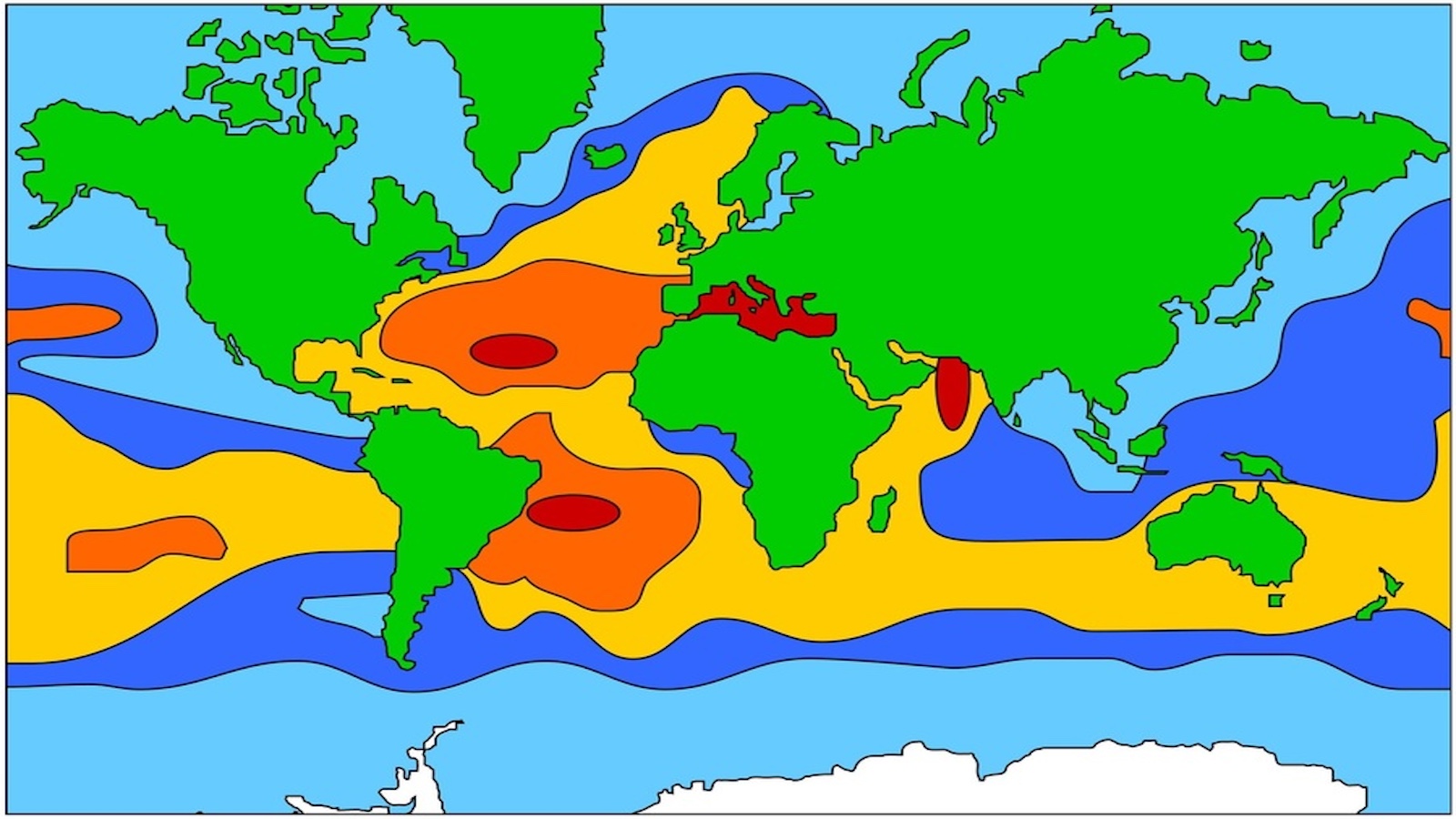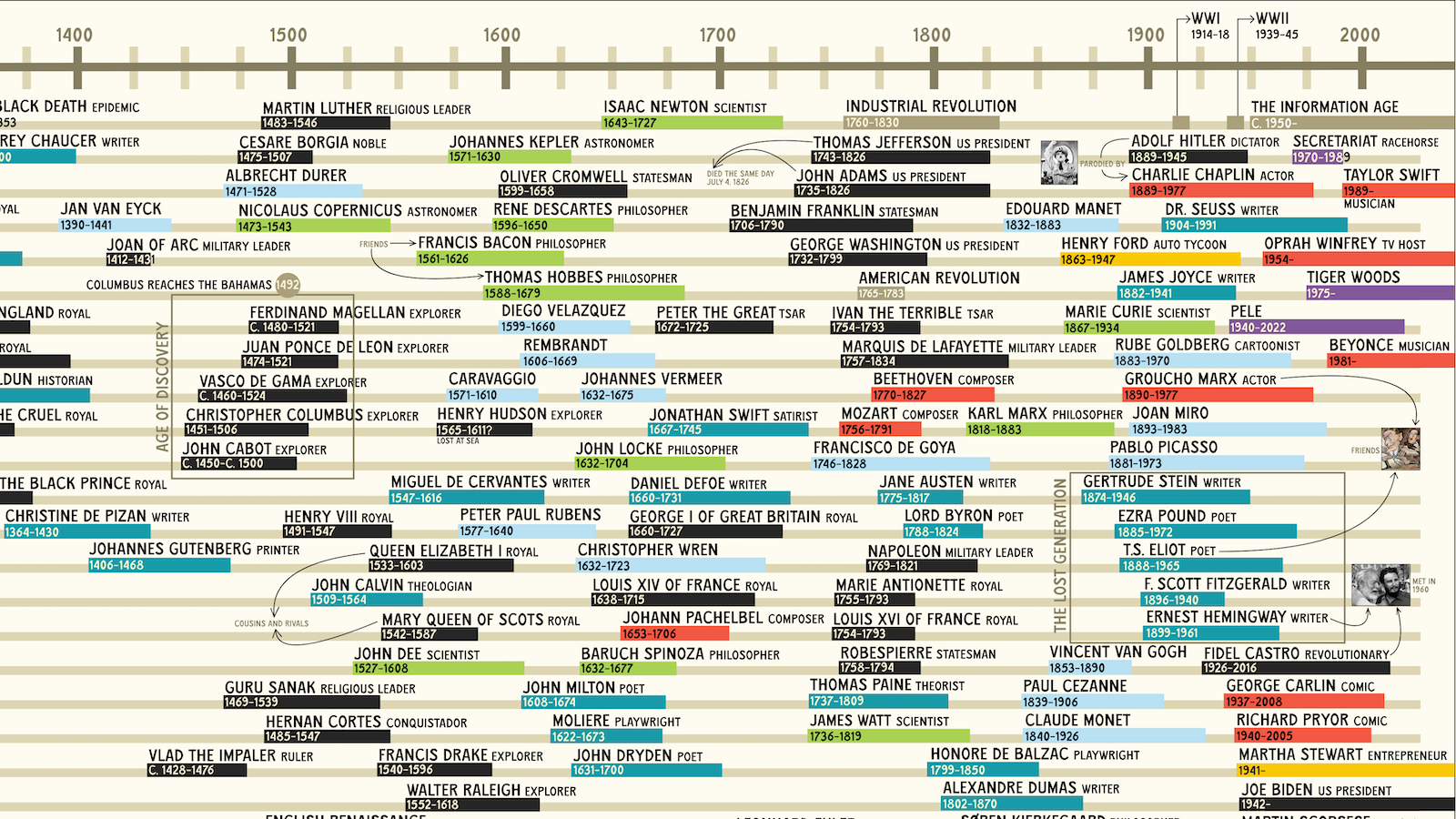A recent experiment challenges the leading dark matter theory and hints at new directions for uncovering one of the Universe’s biggest mysteries.
Welcome to The Nightcrawler — a weekly newsletter from Eric Markowitz covering tech, innovation, and long-term thinking.
The laws of physics aren’t changing. But the Earth’s conditions are different than what they used to be, and so are hurricanes as a result.
By focusing on the role of human experience, we may uncover new insights on the fundamental structure of reality.
Stanford psychologist Jamil Zaki discusses the dangers of cynicism and how skepticism can invigorate our relationships and communities.
Most fundamental constants could be a little larger or smaller, and our Universe would still be similar. But not the mass of the electron.
How to find the right balance between controlling teams and allowing them the agency to make mistakes — and learn from them.
Meet the scientist mixing mentalism with principles from positive psychology and the science of human potential.
How Daniel Kahneman and Amos Tversky cracked open behavioral economics and enlightened all our choices.
In a world of distractions, several remarkable companies show why focus is the ultimate strategy for endurance.
In the expanding Universe, different ways of measuring its rate give incompatible answers. Nobel Laureate Adam Riess explains what it means.
Oliver Burkeman — author of “Four Thousand Weeks: Time Management for Mortals” — tells Big Think about modern life lessons from a 6th-century monk.
By unlearning old leadership mindsets, cultures, and assumptions we can move from Industrial Age thinking to Intelligence Age thinking.
Benjamin Oakes — CEO of buzz-worthy biotech company Scribe Therapeutics — joins Big Think for a chat about innovation, human endeavor, and more.
The Lyman-α emission line has never been seen earlier than 550 million years after the Big Bang. So why does JADES-GS-z13-1-LA have one?
When AI eats its own product, it gets sick.
Galactic activity doesn’t just arrive when supermassive black holes feast on matter. Before, during, and after all create fascinating signs.
Desire is like a drug. But is an addict always an addict?
Why would someone who has spent their entire career following orders become a great leader overnight?
Who decides what’s “normal” and why? As social norms increasingly dissolve, here’s how to find true guidance.
▸
5 min
—
with
Although a great many unidentified sights have been seen in the skies, none have conclusively demonstrated the presence of aliens. So far.
Finding life beyond our Solar System requires understanding its host planet.
Welcome to The Nightcrawler — a weekly newsletter from Eric Markowitz covering tech, innovation, and long-term thinking.
Taught in every introductory physics class for centuries, the parabola is only an imperfect approximation for the true path of a projectile.
The salinity of the oceans is not just a matter of taste. Saltier water behaves differently, too.
Inflation, dark matter, and string theory are all proposed extensions to the prior consensus picture. But what does the evidence say?
There’s value to be found in the arguments that make you uncomfortable — especially in a culture that has trained us to avoid them.
The observation that everything we know is made out of matter and not antimatter is one of nature’s greatest puzzles. Will we ever solve it?
“The Big Map of Who Lived When” plots the lifespans of historical figures — from Eminem all the way back to Genghis Khan.
These practical strategies can help you conquer burnout and achieve a state of calm and focused productivity.













